
In this photo released by China’s Xinhua News Agency, Chinese President Xi Jinping talks by video with patients and medical workers at the Huoshenshan Hospital in Wuhan in central China’s Hubei Province, Tuesday, March 10, 2020. China’s president visited the center of the global virus outbreak Tuesday as Italy began a sweeping nationwide travel ban and people worldwide braced for the possibility of recession. For most people, the new coronavirus causes only mild or moderate symptoms, such as fever and cough. For some, especially older adults and people with existing health problems, it can cause more severe illness, including pneumonia. (Xie Huanchi/Xinhua via AP)
The CCP likely had little idea of what their decision to remain silent about the coronavirus would ultimately cost China. It appears that the Japanese will be among the first to show them.
Bloomberg reports that Japan has allocated “220 billion yen ($2.2 billion) of its record economic stimulus package to help its manufacturers shift production out of China as the coronavirus disrupts supply chains between the major trading partners…The extra budget, compiled to try to offset the devastating effects of the pandemic, includes 220 billion yen (US$2 billion) for companies shifting production back to Japan and 23.5 billion yen for those seeking to move production to other countries, according to details of the plan posted online.”
According to Bloomberg, the relationship between China and Japan is described as “often chilly.”
The initial stages of the Covid-19 outbreak in China appeared to warm the often chilly ties between the two countries. Japan provided aid in the form of masks and protective gear – and in one case a shipment was accompanied by a fragment of ancient Chinese poetry. In return, it received praise from Beijing.
In another step welcomed in Japan, China declared Avigan, an antiviral produced by Japan’s Fujifilm Holdings. to be an effective treatment for the coronavirus, even though it has yet to be approved for that use by the Japanese.
Yet many in Japan are inclined to blame China for mishandling the early stages of the outbreak and Abe for not blocking visitors from China sooner.
Before the coronavirus forced a change in plans, Chinese President Xi Jinping had planned a state visit to Japan in early April, the first in a decade. The visit has not been rescheduled. Given Japan’s decision to move business out of China, it may not be rescheduled anytime soon.
For a long time, China has been Japan’s biggest trading partner. Japanese manufacturers have relied on China to produce many of the parts that go into their products. Because numerous factories in China were forced to close during the outbreak, the Japanese companies who relied on them were forced to suspend production.
In addition to the CCP’s lack of candor about the epidemic which was escalating in their country, Japan woke up to just how reliant they had become on China. Japanese government officials met last month to discuss foreign investment strategies going forward and concluded that the “manufacturing of high-added value products must be shifted back to Japan, and that the production of other goods to be diversified across Southeast Asia.”
Shinichi Seki, an economist at the Japan Research Institute, told Bloomberg, “There will be something of a shift.” He noted that some manufacturers had already been thinking about leaving China and, “having this in the budget will definitely provide an impetus. Companies, such as car makers, that are manufacturing for the Chinese domestic market, will likely stay put.”
Foreign Ministry spokesman Zhao Lijian was asked about Japan during a Wednesday briefing. Zhao, you may recall, was spreading the lie that U.S. soldiers had transported the coronavirus to Wuhan. He recently backed off his accusations following a rare public spat with the Chinese ambassador to the U.S., Cui Tiankai.
Zhao replied, “We are doing our best to resume economic development. In this process, we hope other countries will act like China and take proper measures to ensure the world economy will be impacted as little as possible and to ensure that supply chains are impacted as little as possible.”
Moreover, there has been an ongoing dispute between the two countries over an uninhabited chain of islands in the East China Sea which are claimed by China, Japan, and Taiwan.
Japan is only one among over 100 countries that have been impacted by President Xi’s unwise decision to repress the flow of information about the coronavirus. In remarks before The Heritage Foundation last month, US National Security Adviser Robert O’Brien said that China’s cover-up “probably cost the world community two months to respond.” Had the CCP been truthful, he added, “I think we could have dramatically curtailed what happened in China and what’s now happening across the world.”
Michael Auslin, a fellow at the Hoover Institution, writes:
At stake is China’s global reputation, as well as the potential of a fundamental shift away from China for trade and manufacturing. Also at risk is the personal legacy of General Secretary Xi Jinping, who has staked his legitimacy on his technocratic competence. After dealing with the first great global crisis of the 21st century, the world must fundamentally rethink its dependence on China.
…
Xi’s fears are well founded, as a global reconsideration of China is long overdue. Legitimate criticisms and doubts about China’s governance and growth model were long suppressed by Chinese pressure and the willingness of many to buy into the Communist Party’s public line. Public shaming of foreign corporations, global influence operations, and “elite capture” — all are policies Beijing has deployed to maintain China’s public image.
That carefully tended image is now cracked.
By the time we are through it, this pandemic will have changed the world in ways large and small. By now, President Xi and others in the CCP realize the damage they’ve inflicted upon their country, themselves, and their plans for world domination. The hit to their economy, which they thought would continue moving upward forever, will be greater than they ever dreamed it would be. But worst of all will be the hit to their reputation on the global stage.
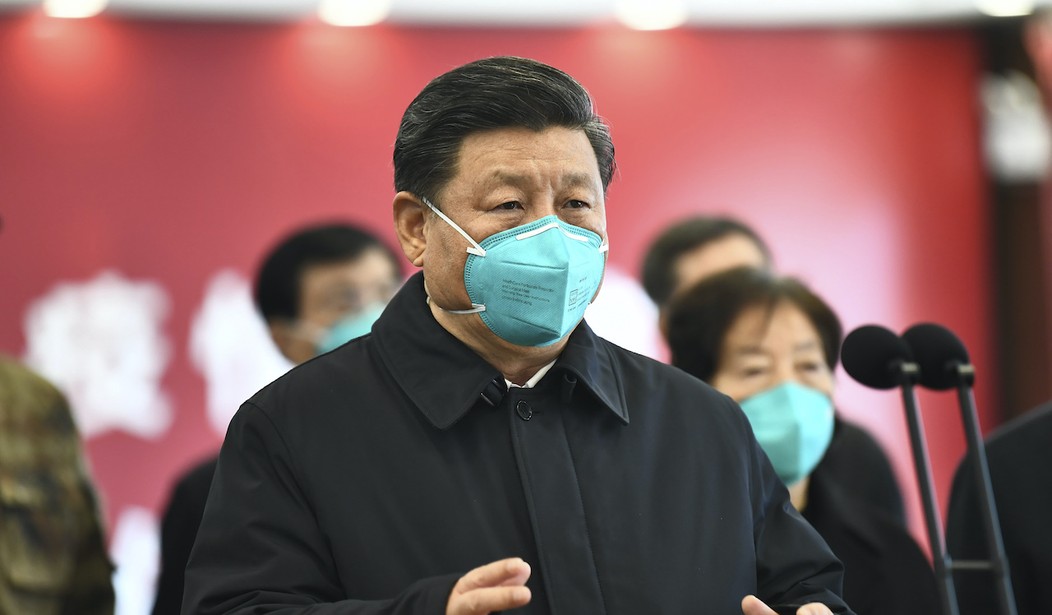

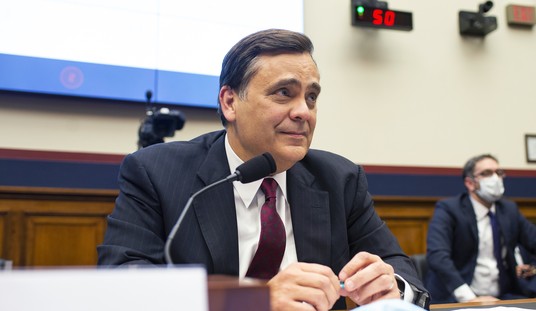


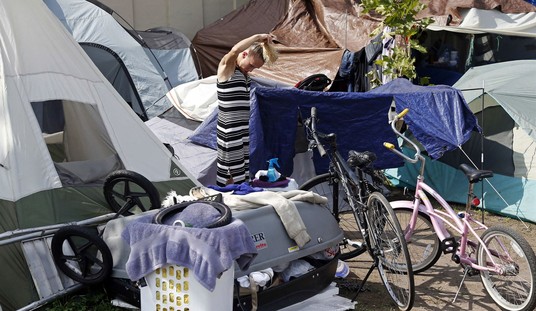
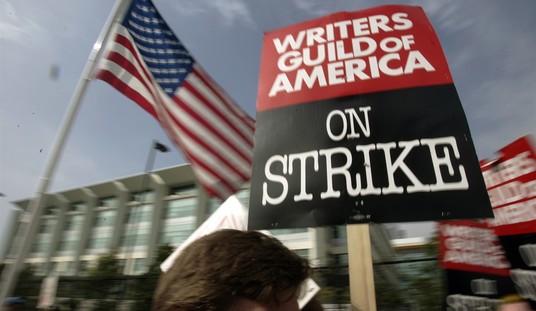





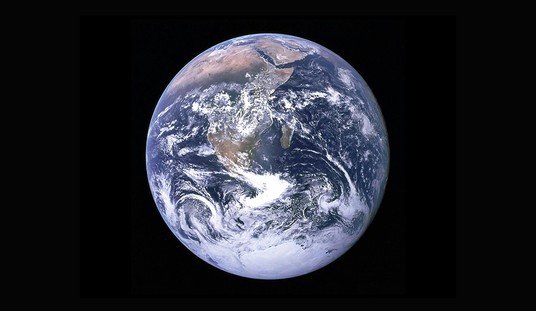
Join the conversation as a VIP Member